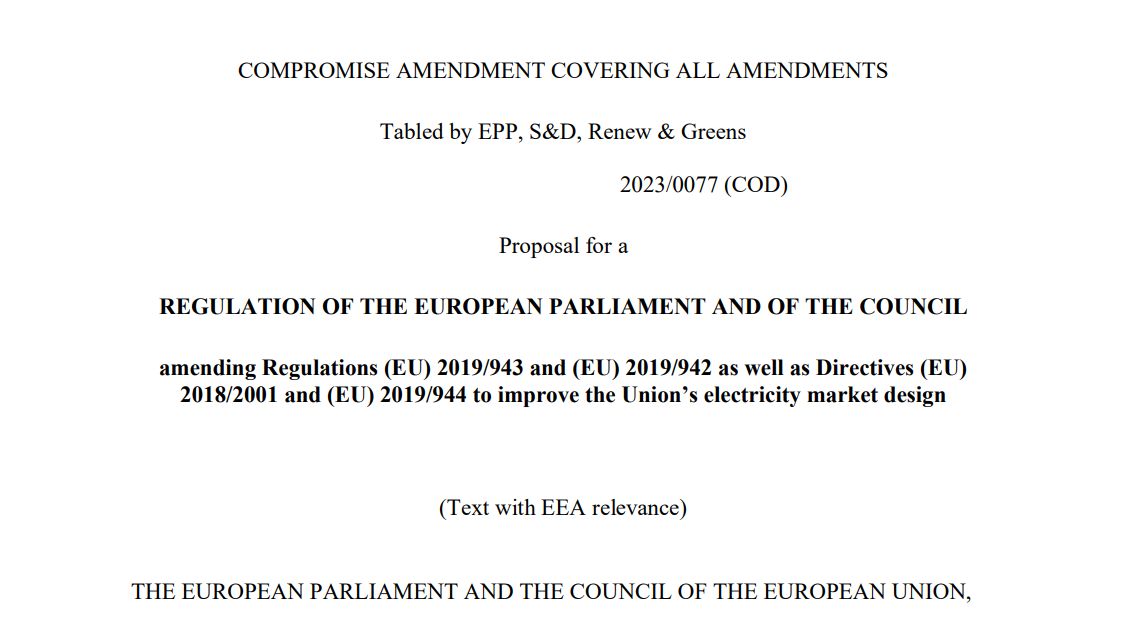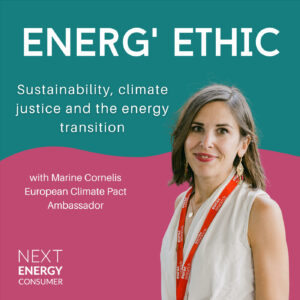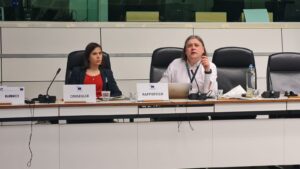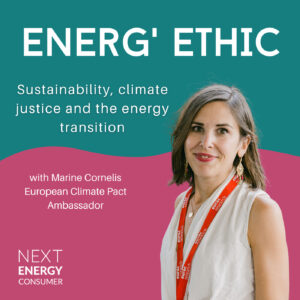The Electricity Market Reform is a unique opportunity to make EU energy systems better, fairer, more transparent, and more equitable – in short, to strengthen the foundations of trust.
And to achieve this, comprehensive and future-proof ADR (Alternative Dispute Resolution systems), whether online or offline, are absolutely critical. We need ombuds with a 360° footprint, working in partnership with consumer organisations, regulators, suppliers and businesses alike to really shield consumers from market failures, grey areas, and rogue practices. No matter the intentions, there are always cracks; if people fall into them, trust erodes and then shatters.
Whether we are talking about plunge pricing, energy sharing, self-consumption installations or digital tools for sharing the data needed to monitor consumption, everything is becoming increasingly complex, with many international players holding part of the equation. Guarantees are needed on the location of servers and data processing, as well as tools to ensure that the parties involved do not shirk their responsibilities in the event of a problem.
A few weeks ago, at Council of European Energy Regulators (CEER) customer conference on consumers in a digital era, I recalled that the smart homes and smart devices that are so critical to make all this happen are at risk of facing their own version of “not in my backyard” – they’re facing “not in my pantry”: they’re inside people’s homes. And the risk is particularly acute if they ever experience a problem with a smart device, like a smart meter which doesn’t deliver on its promise to give accurate and timely bills, or any failing tool behind their individual or shared solar PV system.
I’m really concerned about the potential conflicts between private individuals regarding energy sharing… So indeed, thanks for pointing out that people engaging in energy sharing should have “basic consumer rights”. But how about small businesses?
Accordingly, it makes ADR & energy ombudsmen’s role and capacity to quickly, efficiently, and proactively address those issues even more critical – but you don’t find those bodies everywhere. Couldn’t it be the perfect opportunity to step up?
So, MEPs and decision-makers, thank you for these first steps. However, remember for the upcoming negotiations: if we want this energy transition to succeed, bolster trust, and avoid the problems to pile up, let’s make sure everyone has more accessible access to justice and redress!
The Approved text is here: https://www.europarl.europa.eu/meetdocs/2014_2019/plmrep/COMMITTEES/ITRE/DV/2023/07-19/10_EMDCA1EPPSDRenewGreens_EN.pdf
An check here Jaume Loffredo’s post on LinkedIn, providing further insights on the current development of the Electricity Market Design: https://www.linkedin.com/posts/jaumeloffredo_i-am-currently-enjoying-one-week-off-but-activity-7087360570395373568-yh-i?utm_source=share&utm_medium=member_desktop





